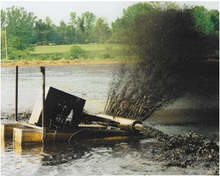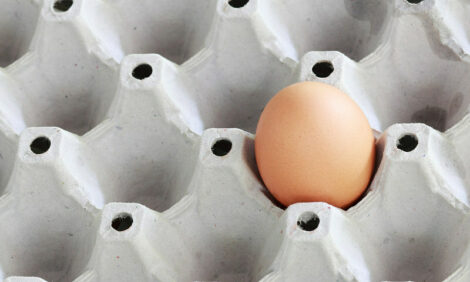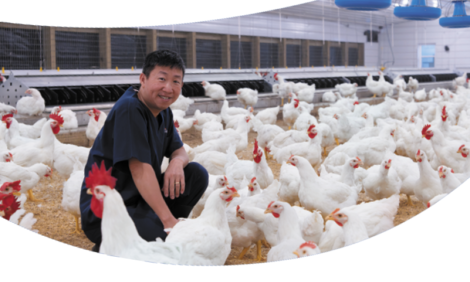



Converting manure into crude oil
By Yuanhui Zhang, Kim Ocfemia, and Malia Appleford, University of Illinois - Industrial-scale farming has a serious waste problem, but new technology can convert it into oil
 American industrial agriculture is executed on an enormous scale. To look at just one slice: More than 100 million head of hogs and pigs are slaughtered in the United States every year. That's one hog for every household in America.
American industrial agriculture is executed on an enormous scale. To look at just one slice: More than 100 million head of hogs and pigs are slaughtered in the United States every year. That's one hog for every household in America.
But to say that American agriculture is breathtaking is to reveal an unpleasant secret. As the pork industry provides food for the table, pigs themselves produce a considerable amount of waste. The large-confinement swine farms have become intensive point sources of pollution—not just of wastewater and sludge, but of odor emission as well. The impact of swine farming on the environment has raised concerns from government agencies, the general public, and the pork industry itself. Swine manure, once considered a valuable natural fertilizer, has now become an expensive burden on the pork industry.
This doesn't have to be the case. Manure can be converted to energy through biological and chemical processes. The tremendous amount of swine manure produced each year can be an alternative, renewable energy source that can supplement the ever-dwindling reserve of fossil fuels.
One exciting new technology for turning waste to fuel is thermochemical conversion. Thermochemical conversion, or TCC, is a chemical process that reforms organic matter in a heated enclosure, usually in an environment with little or no oxygen.
Thermochemical processes were studied using primarily coal, peat, and wood sludge as feedstock during the 1970s. The technology was found to be technically sound. Recently, a few pilot or pre-commercial TCC processes have begun operation, but the technology has not been developed into commercial processes for energy production, mainly because of its economic inefficiency.
Thermochemical conversion technology can be applied to the treatment of swine manure, which at the moment is a burden for farmers, not a resource. The treatment of swine manure through thermochemical processes can greatly reduce wastewater intensity and odor emission. Meanwhile, the thermochemical process produces heat, which can be used as energy for the process itself, making the process potentially self-sustaining.
A Stinky Mess
With nearly 60 million hogs in feedlots around the nation (Iowa, famously, has five times as many hogs as citizens), the issue of just how to deal with manure from these operations—as well as from chicken farms, and dairy and cattle lots—is becoming too large to ignore. A 150-pound hog produces more than 10 pounds of manure a day. Over the course of a year, a single mature dairy cow can produce as much as 20 tons of wet manure.
To continue reading this report, please click here
Source: Mechanical Engineering Magazine - July 2004








